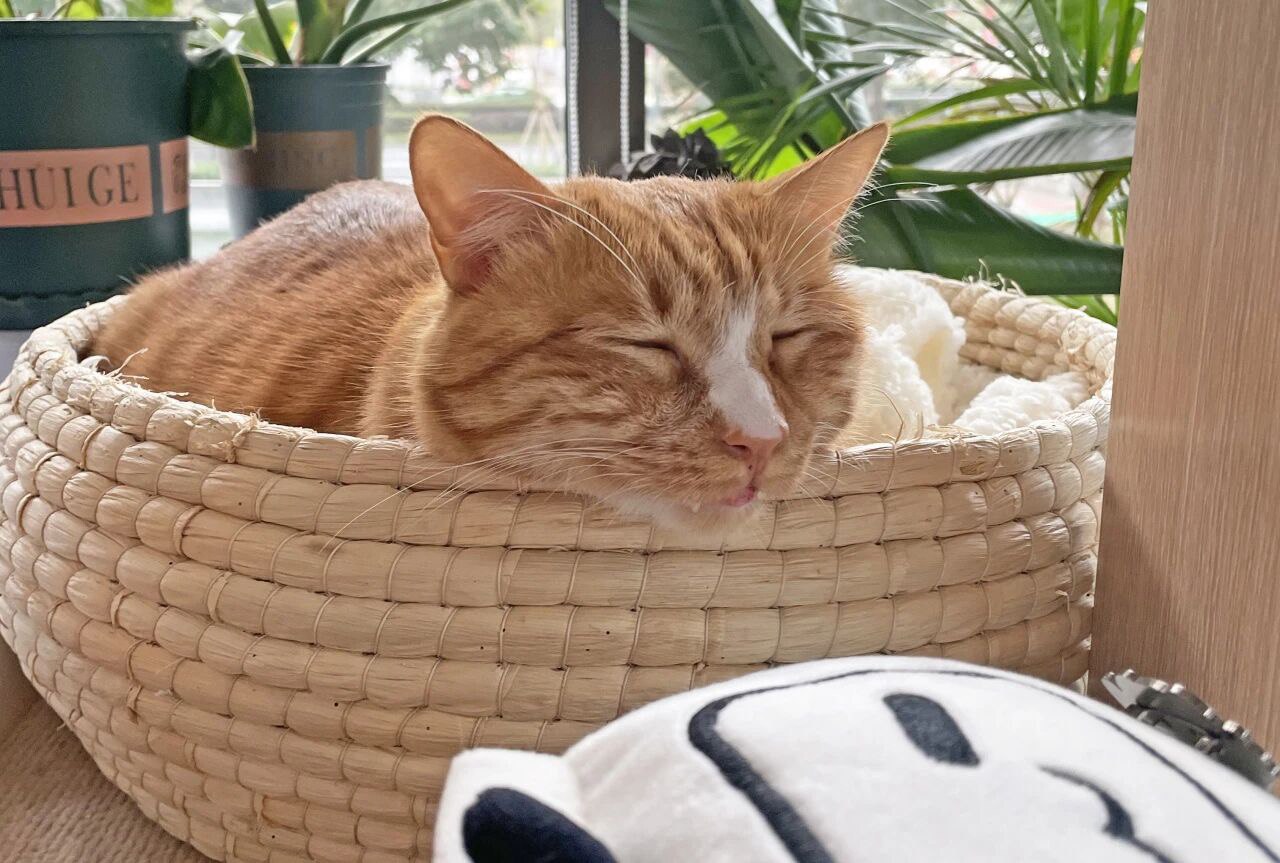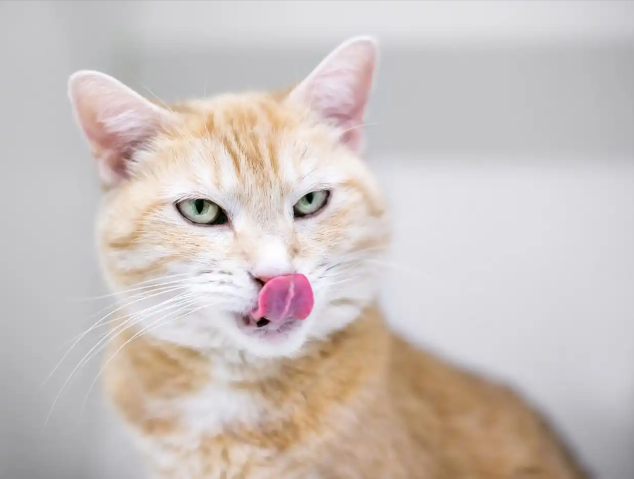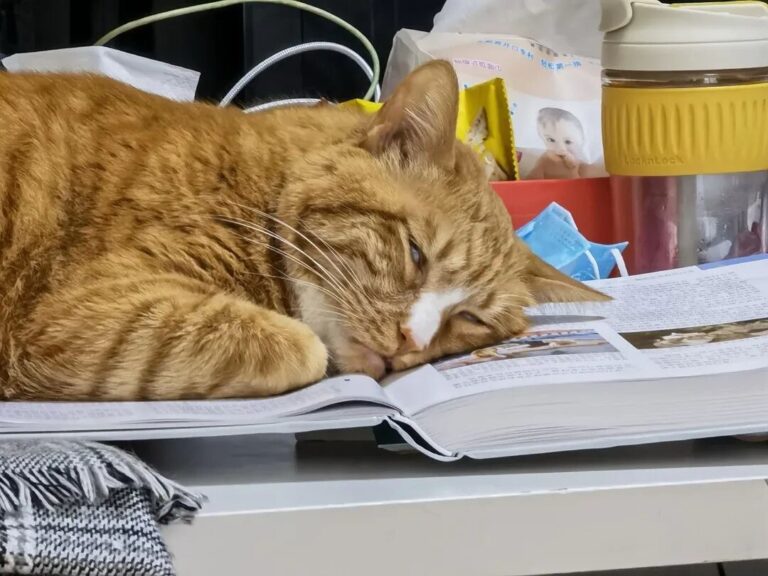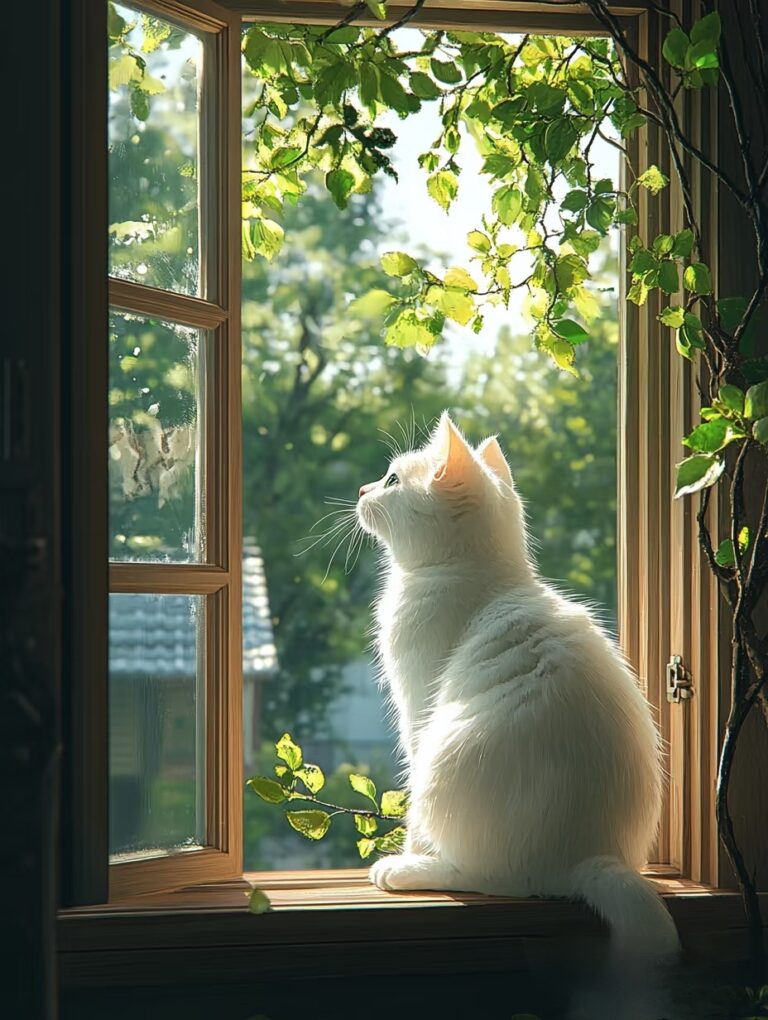Do cats get sad when you leave them alone?
Every time I leave home (especially if I’m traveling far away), and I peer through the crack of the door at my kitty, silently bidding me farewell, I wonder:
“Will he feel lonely, home alone?”

But, if you think about it, cats seem to be solitary creatures. Maybe in the cat world, what they like is a cat’s carnival?
In order to rescue the majority of cat lovers from their inner struggles, I worked hard to search for information and finally discovered that the living habits of cats… are like this!
Are cats actually solitary?
In modern society, most house cats live either in artificially isolated or group-based environments.
To explore this question, we need to examine how big cats in the wild live without human interference.

Living Patterns of Wild Big Cats
Most cats are considered solitary. Lions, however, exhibit a strong social nature.

Lions live in groups because they live on the plains, surrounded by powerful enemies, and they need to cooperate to maximize their chances of survival.
Thus, researchers speculate that although cats are accustomed to living alone, they may also tend to live in groups when survival becomes more difficult.
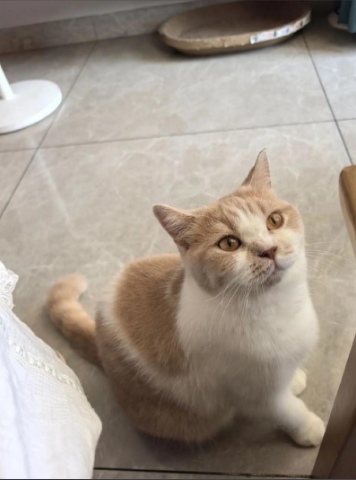
Cat Lifestyle
In fact, cats also follow this principle.
For stray cats struggling to make a living, they often form alliances within an area, working together to exclude new arrivals and protect their territory.
Most adult domestic cats with comfortable lives prefer solitary living. Their strong sense of territory allows them to enjoy the feeling of being able to claim their own territory.

However, liking solitude doesn’t necessarily mean they won’t feel lonely.
Cats can also feel lonely when left alone.
Dr. Leticia MS Dantas, professor of behavioral science at the University of Georgia, believes that cats are social species and can become bored and lonely when left alone all the time.
Observations have shown that cats left alone at home often spend a significant amount of time sleeping.
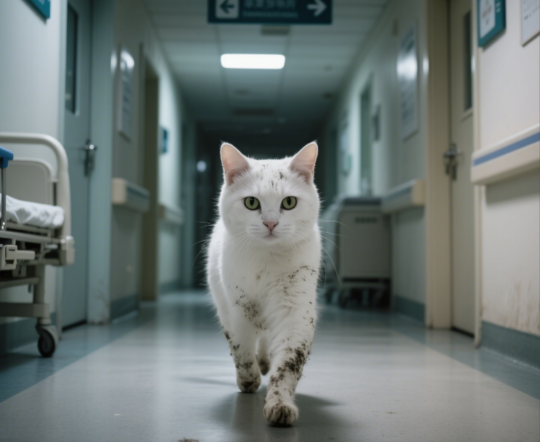
Excessive boredom can even lead to pathological depression in cats. Symptoms include:
❗️ Changes in sleep patterns: feeling drowsy all day;
❗️ Changes in eating habits: eating too much or too little;
❗️ Changes in grooming habits: either excessive or infrequent;
❗️ Changes in urinary behavior: a cat that previously used the litter box suddenly urinates indiscriminately;
❗️ Destructive behavior: scratching furniture due to boredom or loneliness;
❗️ Overdependence: eating and defecating only when the owner is around.
After ruling out pathological causes, if your cat exhibits the above symptoms, it may be depressed and requires prompt intervention.
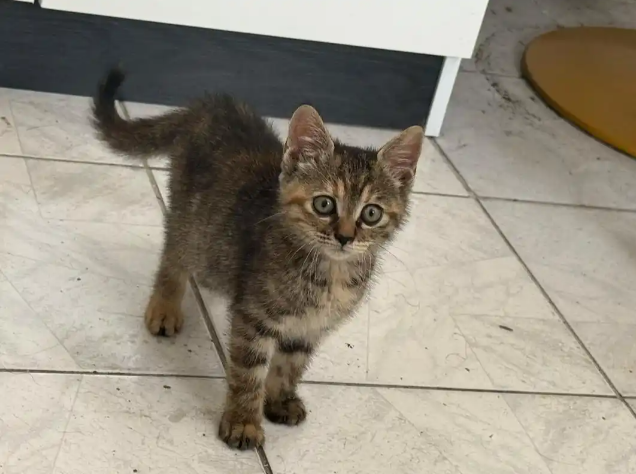
How can you alleviate your cat’s boredom and loneliness?
Play with your cat for a while before going out each day.
Early morning and mid-morning are typically when cats are awake and “hunting” (playing and eating).
If conditions permit, it’s recommended that workers wake up 10-20 minutes earlier and take time to play with their cats.
On the one hand, this enriches your cat’s mind and keeps them feeling fulfilled. On the other hand, it expends energy and allows them to have a good nap after their meal.
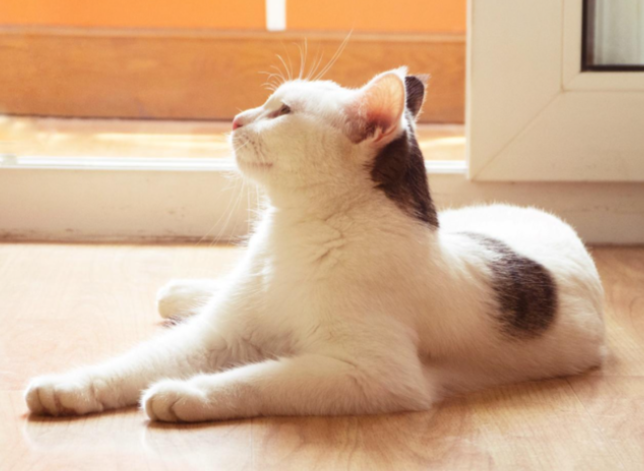
Leave some “stimulation” for your cat.
For example, leave the curtains open and leave a window sill for your cat to rest on. Or place a table or chair so they can nest by the window.
For your cat, the birds flying by, the people passing by, and the traffic are like real-time television screens playing outside the window, effectively alleviating boredom.
You can even put a bird feeder outside the window so that birds can come to eat and let your cat come into contact with various “new friends”

You can also turn on low-volume music or watch an animal-themed TV to give your cat some auditory and visual stimulation.
Leave appropriate cat toys at home.
Many toys aren’t suitable for leaving cats alone at home.
Not only does this pose a safety risk, but it can also cause cats to lose interest in toys, especially toys like cat teasers. These toys can make your cat seem indifferent no matter how much you try to play with them.
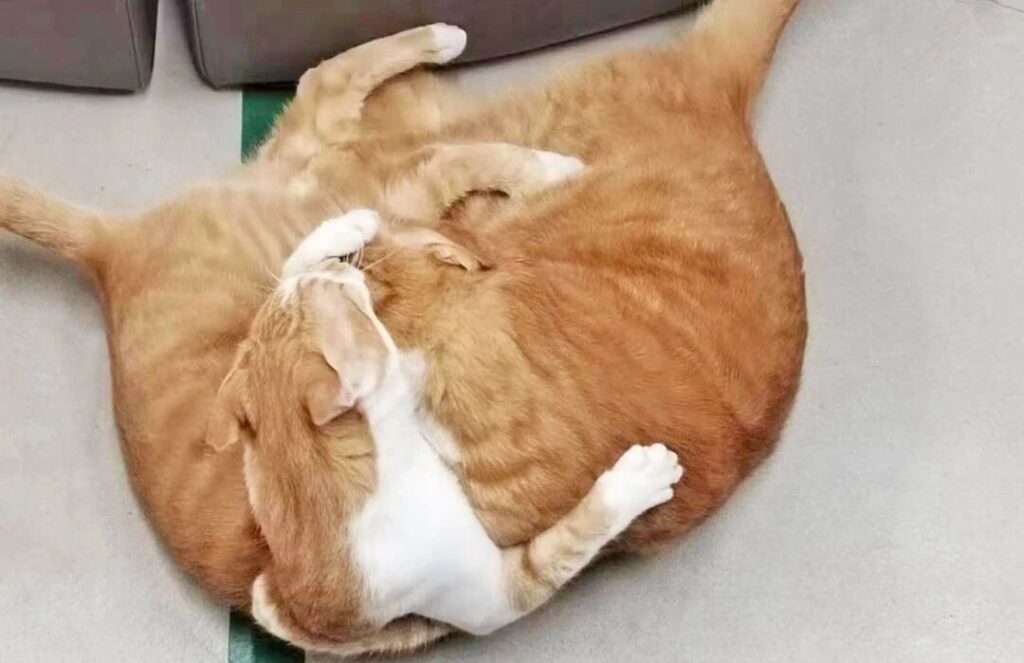
Raising a “Second Cat”
However, it’s important to note that while having an extra cat can alleviate loneliness, ensuring both cats coexist peacefully and stay healthy and safe requires significant effort from the owner!
For cats, even with a companion, the company of their owners is irreplaceable. Therefore, even in multi-cat households, it’s important to spend some time playing with your cats daily.
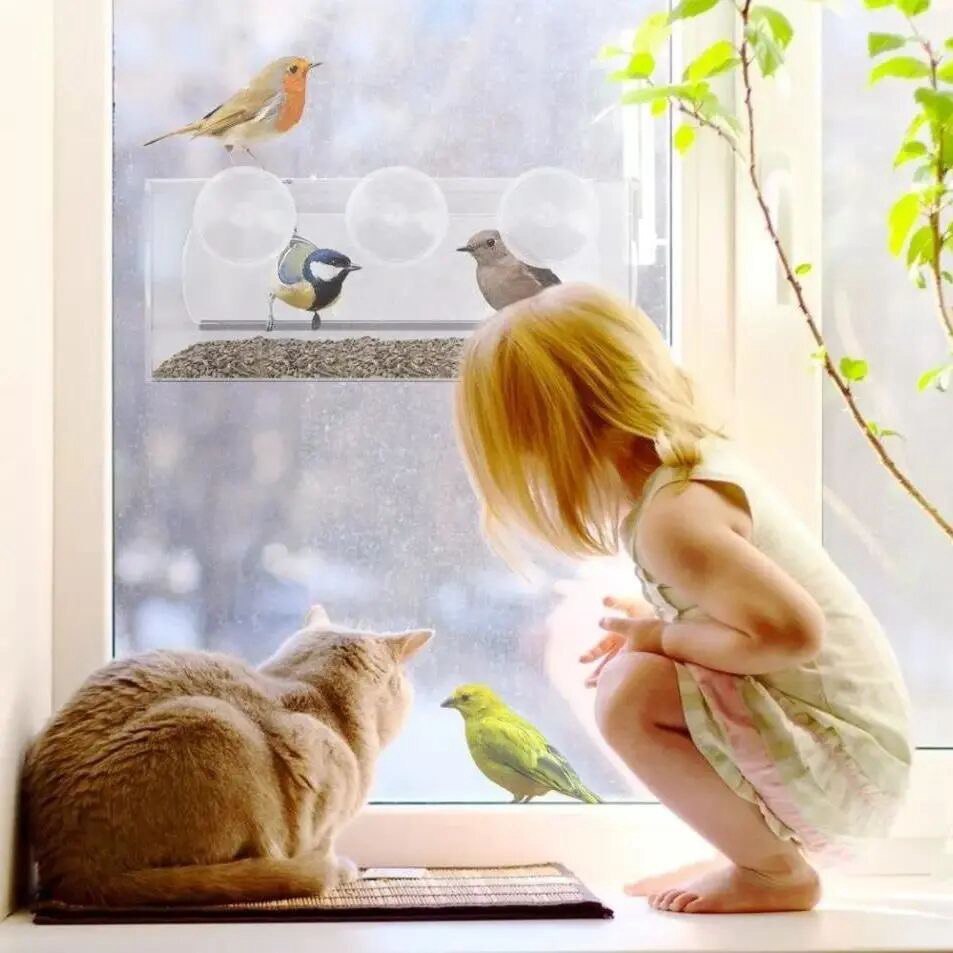
In multi-cat households, because the owner’s attention is distracted, missing or sick cats are often discovered later, and there are also many frictions that don’t arise in single-cat households.
I hope all cat owners are prepared to double the work and worry before considering getting a second cat!
